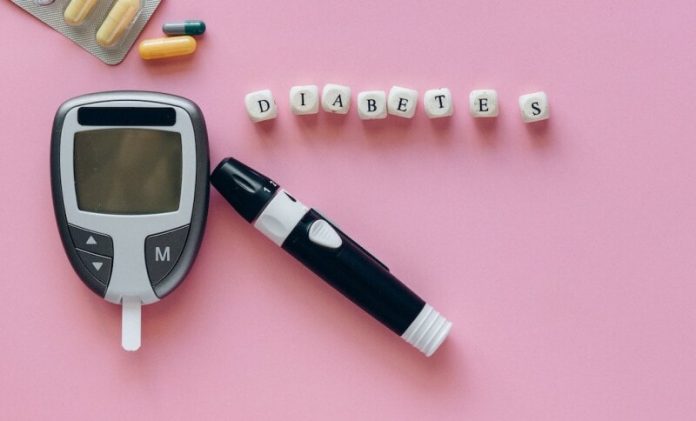Diabetes increases cardiovascular disease risk.
This is why new classes of type 2 diabetes medication are exciting. Type 2 diabetes (T2D) is a condition in which the body cannot regulate the levels of sugar or glucose in the blood.
Normally glucose is regulated by the hormone insulin which helps deliver glucose from the blood and into the cells where it is used for energy.
Patients with T2D have poor-functioning insulin and/or cells that no longer respond to insulin meaning that glucose remains in the blood.
Types of type 2 diabetes medications
Advancements in type 2 diabetes medications are critical as there is no cure for diabetes, simple ways to manage it.
The regulation of glucose is vital since low blood glucose (hypoglycemia) can cause dizziness, fainting, and even induce comas; and high levels of blood glucose (hyperglycemia) can damage blood vessels and organs such as the eyes and kidneys.
T2D is also associated with an increased risk of cardiovascular disease and cardiovascular disease-related death.
Fortunately, the treatment of T2D has made great progress over the decades with the introduction of oral type 2 diabetic medications such as metformin and insulin injections.
Various classes of diabetes medications have been assessed for their effectiveness and their ability to improve longevity. Results of these studies suggest that although these drugs are effective in controlling diabetes, they may not improve longevity.
GLP-1 and DPP-4 inhibitors are classes of medications that have garnered interest in their ability to manage diabetes and potentially protect against cardiovascular disease.
GLP-1 is a hormone that promotes the release of insulin from the pancreas and unlike other treatment options, helps promote weight loss by influencing appetite.
DPP-4 is an enzyme that breaks down GLP-1 so DPP-4 inhibitors are used as an adjunct treatment to preserve GLP-1 in the body.
Results and What’s Next
Clinical trials for type 2 diabetes medication have found that the administration of such drugs to patients with previous heart attacks showed improvement in heart function1.
As a result, researchers believe that GLP-1 and DDP-4 treatments may prevent death associated with cardiovascular disease by protecting the heart itself.
More research is required and ongoing to determine whether these new classes of drugs can improve not only glucose management but also cardiovascular risk among patients with T2D.
References
From theory to clinical practice in the use of GLP-1 receptor agonists and DPP-4 inhibitors therapy. Dicembrini I, Pala L, Rotella CM. Exp Diabetes Res. 2011;2011:898913. Epub 2011 Jun 23. http://www.ncbi.nlm.nih.gov/pubmed/21747834



